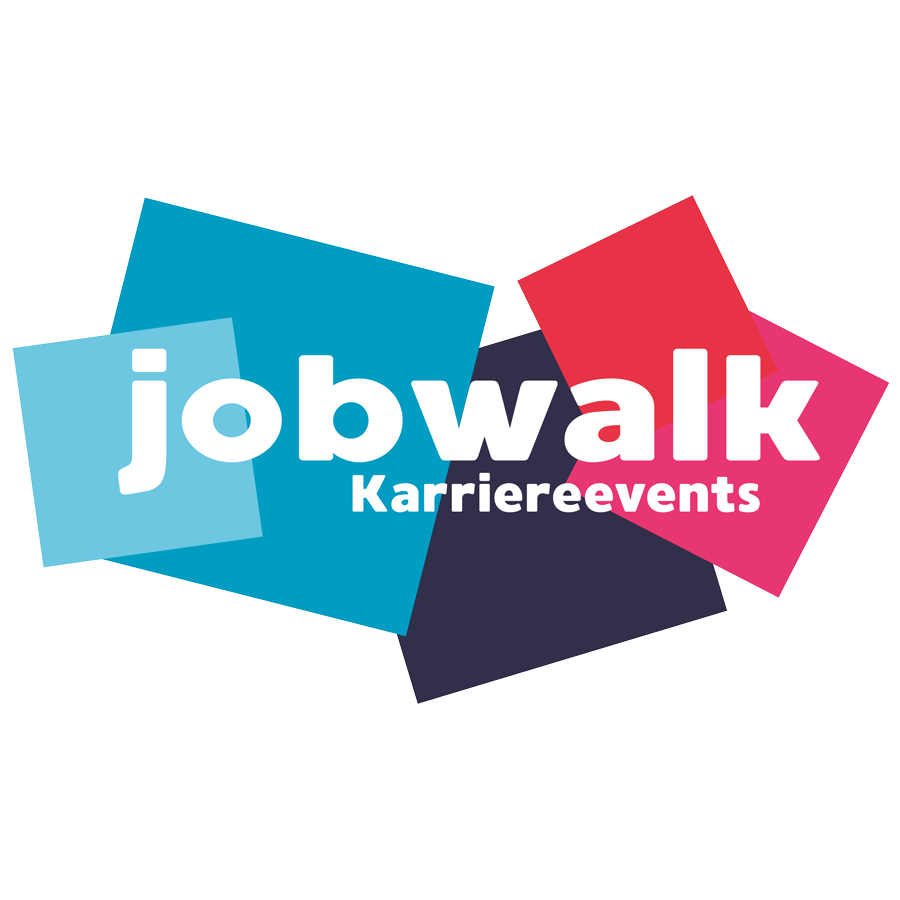The document analyzes the challenges and expectations of Generation Z in the labor market and emphasizes the responsibility of employers to support and retain this generation.
The challenges of Generation Z in the labor market
Generation Z faces significant challenges that affect their retention and satisfaction in the workplace.
- In 2030, Generation Z will make up around a third of the global workforce.
- 47% of Gen Z employees worldwide are willing to leave their jobs within six months.
- In Germany, 53% of Gen Z employees are considering changing their current position.
- Generation Z has the least confidence in finding a new job that meets their needs.
Employer strategies for recruiting Generation Z
Employers use various strategies to attract and retain Generation Z.
- 56% of employers promote a better work-life balance.
- 37% offer remote or hybrid working models.
- 34 % strengthen DEI initiatives (diversity, equality and inclusion).
- 34% are introducing additional services tailored to the needs of Generation Z.
Mental health and stress in Generation Z
Generation Z experiences higher stress levels and mental health problems compared to other generations.
- 52% of Generation Z report daily stress at work.
- 56% of Gen Z workers in the U.S. need to budget heavily to stay financially healthy.
- Generation Z has poorer mental health than previous generations.
Future outlook for Generation Z until 2030
Generation Z is likely to be confronted with uncertainties and changes in the working environment.
- Generation Z could be affected by scarring, which could affect their career opportunities.
- Many Gen Z employees expect to work longer hours to meet financial obligations.
- 70% of Gen Z attach great importance to job security when choosing a job.
Important steps for employers
Employers should take targeted measures to effectively integrate and support Generation Z.
- Individualized recruiting experiences are critical to attracting Gen-Z talent.
- A variety of upskilling programs should be offered to meet the needs of Generation Z.
- A clear career perspective and project responsibility should be emphasized in job descriptions.
- Holistic support and flexibility are essential for Generation Z.


